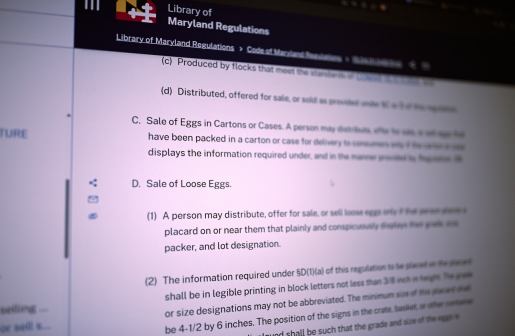San Francisco investigates open source voting system

The City of San Francisco may be the first in the nation to run its voting machines on open source code, a move that could make its voting software more transparent, potentially more secure and reusable by other cities.
With more than $300,000 set aside to investigate, San Francisco has contracted the consulting group Slalom to research the benefits and challenges that an open source voting system might create. The funding was initially allocated to the project in Mayor Ed Lee’s 2017 and 2018 budget proposal, which pointed to an open source setup as a viable option to replace the city’s current system, now at the end of its life cycle.
“Development of an open source voting system would enable the city to own the voting system’s software and to have a choice of publicly releasing it under open source license,” Lee’s office notes in the budget. “Additionally, other jurisdictions as well as the general people could use, participate, and improve the software.”
Unlike proprietary code that is hidden by vendors and secured by copyright, open source code can be found and used on repositories like Github. Those who review it can make suggestions about the code or copy and reuse it if it has the appropriate license. Proponents also contend that added scrutiny from the public makes the software more secure, something that would be an asset against complaints of voter fraud.
The San Francisco Chronicle reported that the city has paid Dominion Voting Systems, the company maintaining its old system, an average of $2 million annually, and this year, the city renewed its contract for $2.3 million until the end of 2018. It’s anticipated that these fees can be reduced greatly if the city takes full ownership of its software and does not have pay for operating licenses or subscriptions. But it would also mean that the city also would be responsible for maintenance and liable for any malfunctions.
Even so, these factors haven’t stopped the California state agencies from pursuing open source. It is using open source software to redesign its child welfare management system and considering making the jump for its voting system.
Nationally, open source is beginning to take hold at all levels of government, as more projects opt for reusable, shareable projects. Last year, the federal government unveiled its open source code policy, which included a pilot program requiring that 20 percent of any new code commissioned be open source.
As San Francisco weighs the pros and cons for its voting system, the Chronicle reports that Elections Director John Arntz is collecting feedback and expects Slalom’s analysis — estimated to cost about $175,000 — to be completed sometime in January.
The Open Source Voting System Technical Advisory Committee is also opening up the discussion to public input through its account on GitHub, where the latest updates can be found.






